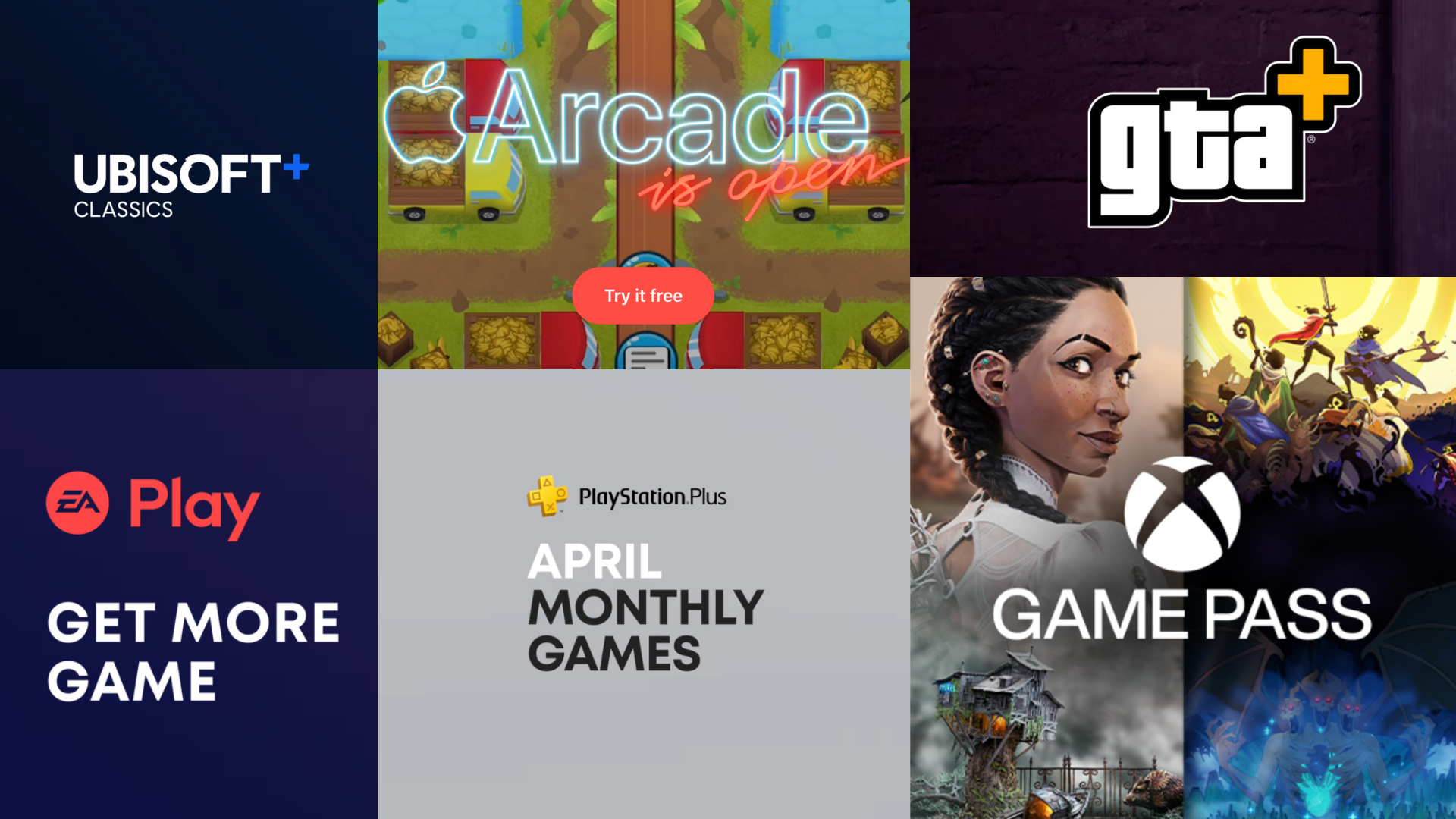The Rise of Game Subscription Services: A New Era in Gaming

In recent years, the gaming industry has undergone a significant transformation with the rise of subscription services.
Much like Netflix has changed how we consume television and film, platforms like Game Pass, PS Plus, and EA Play are reshaping the way gamers access and experience video games.
Game subscription services offer players access to extensive libraries of titles for a monthly fee. Instead of purchasing individual games at full price, subscribers can explore a wide variety of genres and developers.
The appeal of these services extends beyond affordability. They also support discoverability for indie developers whose games might otherwise struggle for attention in a crowded market.
For big publishers, subscription platforms provide a steady revenue stream and an opportunity to extend the life of older titles.
Xbox Game Pass, in particular, has led the charge, boasting a growing library of over 400 games and incorporating first-party titles from day one.
Sony has revamped PlayStation Plus to compete, blending its existing online services with a richer catalogue of games through the introduction of subscription tiers.
Services like Apple Arcade and Netflix Games are expanding the model into mobile and casual gaming.
Despite their popularity, subscription models raise questions about long-term sustainability for developers and whether such services will impact game ownership and preservation.
Still, as digital ecosystems grow, the convenience and cost-effectiveness of game subscriptions are likely to continue attracting players worldwide.
Phil Spencer, CEO of Microsoft gaming said this in an interview with IGN: "Game Pass is very, very sustainable right now as it sits. And it continues to grow."
With more companies exploring this model, game subscriptions are becoming a central pillar of modern gaming, offering flexibility, variety, and value in an ever-evolving industry.
